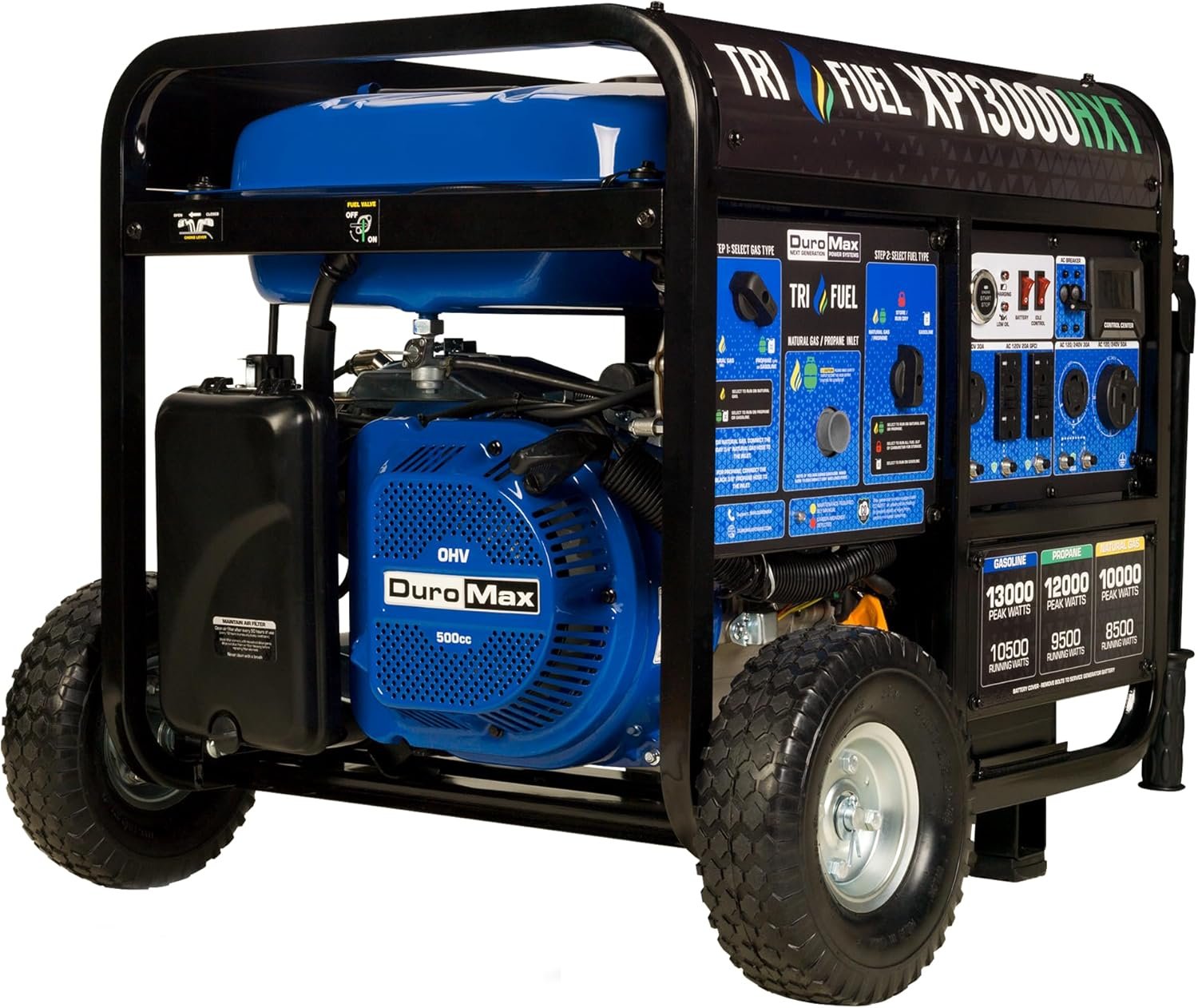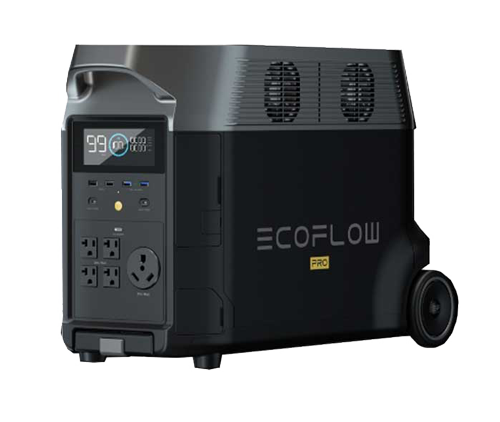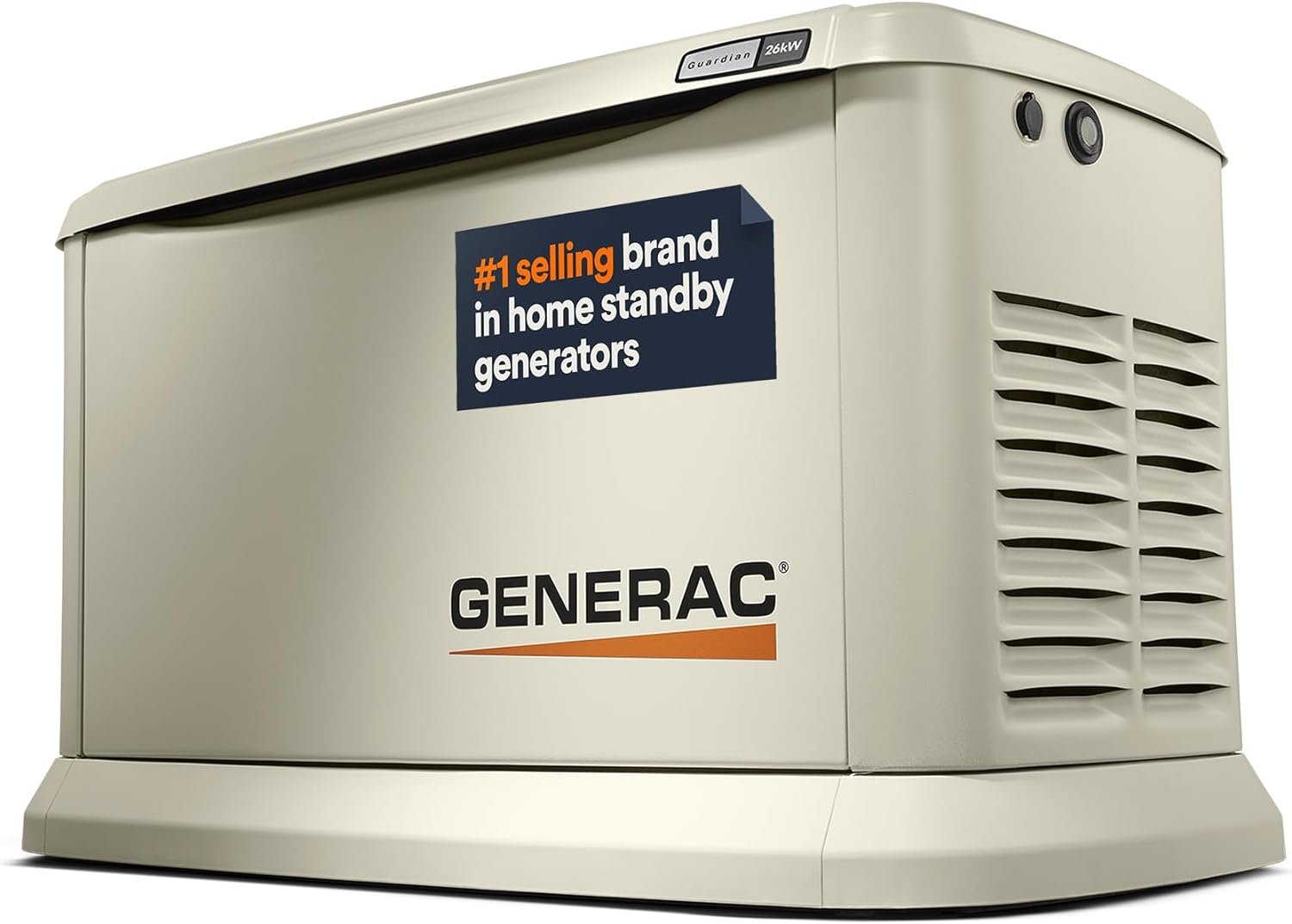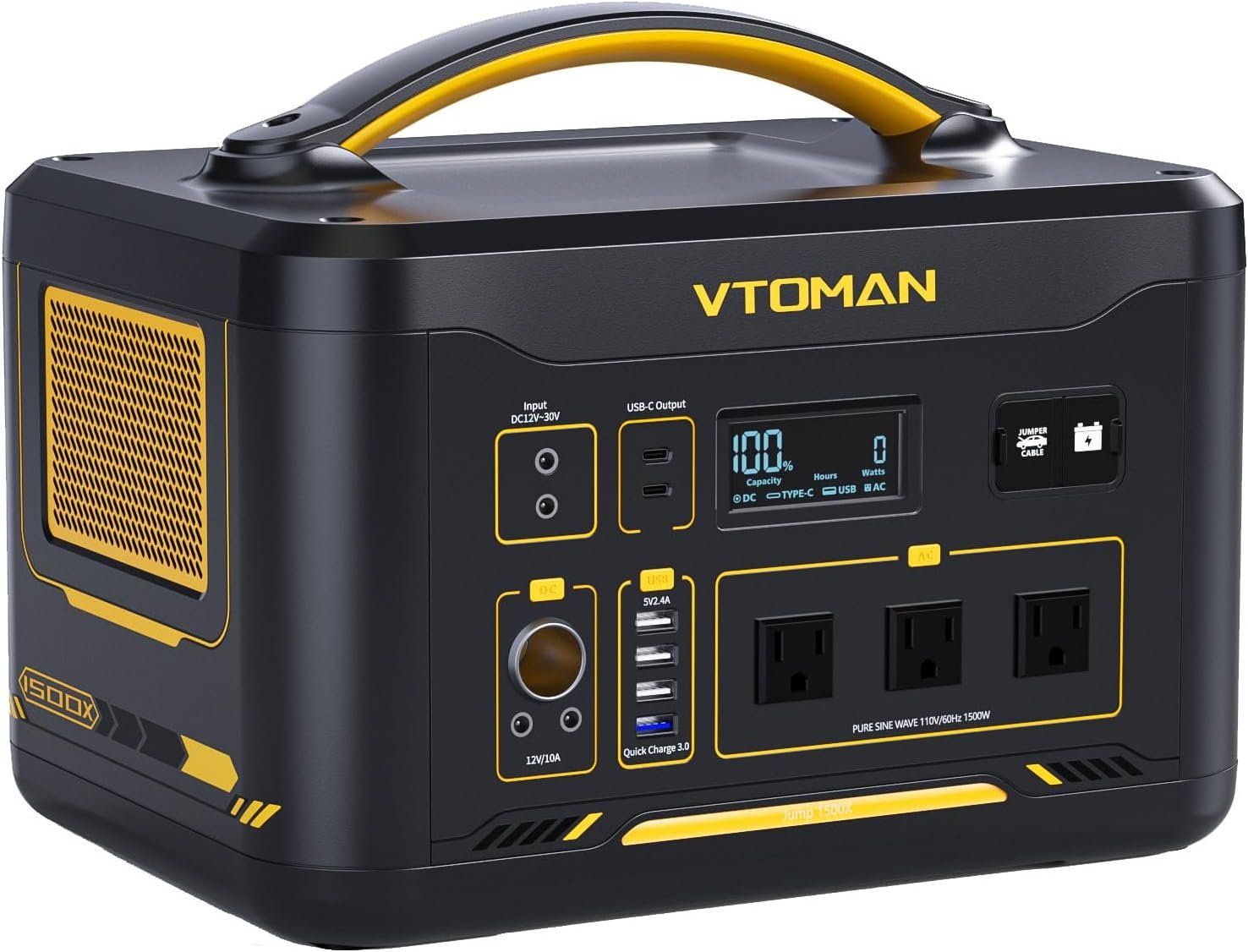|
10 People Are Viewing This Product Right Now |
Whole House Propane Generator: The Ultimate Backup Power Solution
Whole House Propane Generator – Power outages can strike at any time, whether from a storm, grid failure, or natural disaster. If you’ve ever been left in the dark, you know how frustrating (and even dangerous) it can be. That’s where a whole-house propane generator comes in. Unlike portable generators, these beasts can power your entire home seamlessly, keeping your lights on, fridge running, and HVAC system humming.
But is a propane backup generator the right choice for you? Let’s dive into the details so you can make an informed decision.
What is a Whole House Propane Generator?
A whole home propane generator is a standby power system that automatically kicks in when your electricity goes out. It runs on propane (LPG), a clean-burning fuel that’s stored in a tank on your property. These generators are permanently installed and wired directly into your home’s electrical panel, ensuring uninterrupted power during an outage.
How Does a Propane Whole House Generator Work?
When the grid fails, an automatic transfer switch (ATS) detects the outage and signals the generator to start. Within seconds, your home switches from utility power to generator power. Once the grid is restored, the system switches back, all without you lifting a finger.
Propane vs. Diesel vs. Natural Gas Generators
- Propane: Clean, efficient, and stores indefinitely.
- Diesel: Powerful but noisy, and requires frequent maintenance.
- Natural Gas: Convenient if you have a gas line, but the supply can be disrupted.
Propane strikes a great balance between reliability, efficiency, and ease of storage.

Benefits of a Whole House Propane Generator
- Reliable Power During Outages
No more spoiled food, frozen pipes, or sleepless nights. A propane standby generator ensures your home stays powered for days—or even weeks—if needed. - Cleaner and More Efficient Than Gasoline or Diesel
Propane burns cleaner, producing fewer emissions and less engine wear. Plus, it doesn’t degrade over time like gasoline. - Low Maintenance Requirements
Unlike diesel generators, propane models don’t suffer from fuel gelling or require frequent filter changes. An annual check-up is usually enough. - Quiet Operation
Modern whole-home propane generators are designed to run quietly, so you won’t disturb your neighbors (or yourself). - Long-Term Fuel Storage
Propane doesn’t go bad, meaning you can store it indefinitely—unlike gasoline, which degrades in just a few months.
How to Choose the Right Whole House Propane Generator
- Determine Your Power Needs
Calculate your home’s essential load (fridge, HVAC, lights, etc.) vs. total load (everything running at once). Most homes need between 20kW to 48kW for full coverage. - Fuel Storage Considerations
- Above-ground tanks: Easier to install, but take up space.
- Underground tanks: More discreet but costlier.
- Automatic vs. Manual Start
An automatic standby generator is the best choice for hassle-free operation. Manual models require you to start them yourself—not ideal in the middle of a storm. - Brand and Warranty
Stick with reputable brands like Generac, Kohler, or Cummins for reliability. Look for at least a 5-year warranty.
Installation Process for a Propane Whole House Generator
- Step 1: Site Preparation
Your installer will level the ground, pour a concrete pad (if needed), and ensure proper ventilation. - Step 2: Electrical and Fuel Connections
- A licensed electrician will connect the generator to your home’s electrical panel.
- A propane technician will set up the fuel line and tank.
- Step 3: Testing and Commissioning
Once installed, the system undergoes rigorous testing to ensure seamless operation during an outage.
Maintenance Tips for Your Propane Backup Generator
- Regular Exercise Cycles
Most generators self-test weekly to keep components lubricated and batteries charged. - Annual Professional Inspection
A technician should check oil levels, spark plugs, and fuel lines yearly. - Monitor Propane Levels
Keep your tank at least 30% full to avoid running out during an extended outage.
Cost of a Whole House Propane Generator
- Upfront Costs
- Generator unit: $3,000 – $10,000+ (depending on size).
- Installation: $2,000 – $5,000 (including electrical & plumbing).
- Propane tank: $500 – $3,000 (varies by size).
- Long-Term Costs
- Propane fuel: $2 – $4 per gallon (usage depends on generator size).
- Maintenance: $200 – $500 per year.
Common Myths About Propane Generators
- Myth 1: “Propane Generators Are Too Expensive”
While the upfront cost is higher than portable models, the long-term reliability and convenience justify the investment. - Myth 2: “They’re Noisy and Smelly”
Modern propane generators are designed for quiet operation and produce minimal odor. - Myth 3: “Propane is Dangerous”
When handled correctly, propane is just as safe as natural gas or diesel.
Best Brands for Whole House Propane Generators
- Generac
The most popular choice, known for reliability and smart monitoring. - Kohler
Premium build quality with advanced noise reduction. - DuroMax
This unit will run on Gasoline, Propane, or NATURAL GAS and stands alone as the largest.
Propane Generator vs. Solar + Battery Backup
- Pros of Propane
- Instant, unlimited power (as long as propane lasts).
- No dependency on sunlight.
- Pros of Solar
- Renewable energy, lower long-term costs.
- Silent operation.
Best solution? Some homeowners combine both for ultimate resilience.

How Long Will a Propane Generator Run?
A 500-gallon propane tank can power a 20kW generator for about 5-8 days under moderate use. Larger tanks (1,000+ gallons) extend runtime significantly.
Conclusion
A whole house propane generator is one of the best investments for homeowners who value uninterrupted power, reliability, and peace of mind. Whether you face frequent outages or just want to be prepared, a propane standby generator ensures your home stays running smoothly—no matter what Mother Nature throws your way.
Ready to take the plunge? Consult a professional to find the perfect system for your needs.
FAQs About Whole House Propane Generators
- How often should I run my propane generator?
Most models auto-test weekly. Manual runs aren’t necessary unless you’re in an outage. - Can I install a propane generator myself?
No, installation requires licensed electricians and propane technicians for safety and compliance. - Will a propane generator increase my home’s value?
Yes! Backup power is a sought-after feature for homebuyers. - How loud is a whole-house propane generator?
Around 60-70 decibels—about as loud as a dishwasher. - What size propane tank do I need?
For a 20kW generator, a 500-gallon tank is ideal for extended outages.












